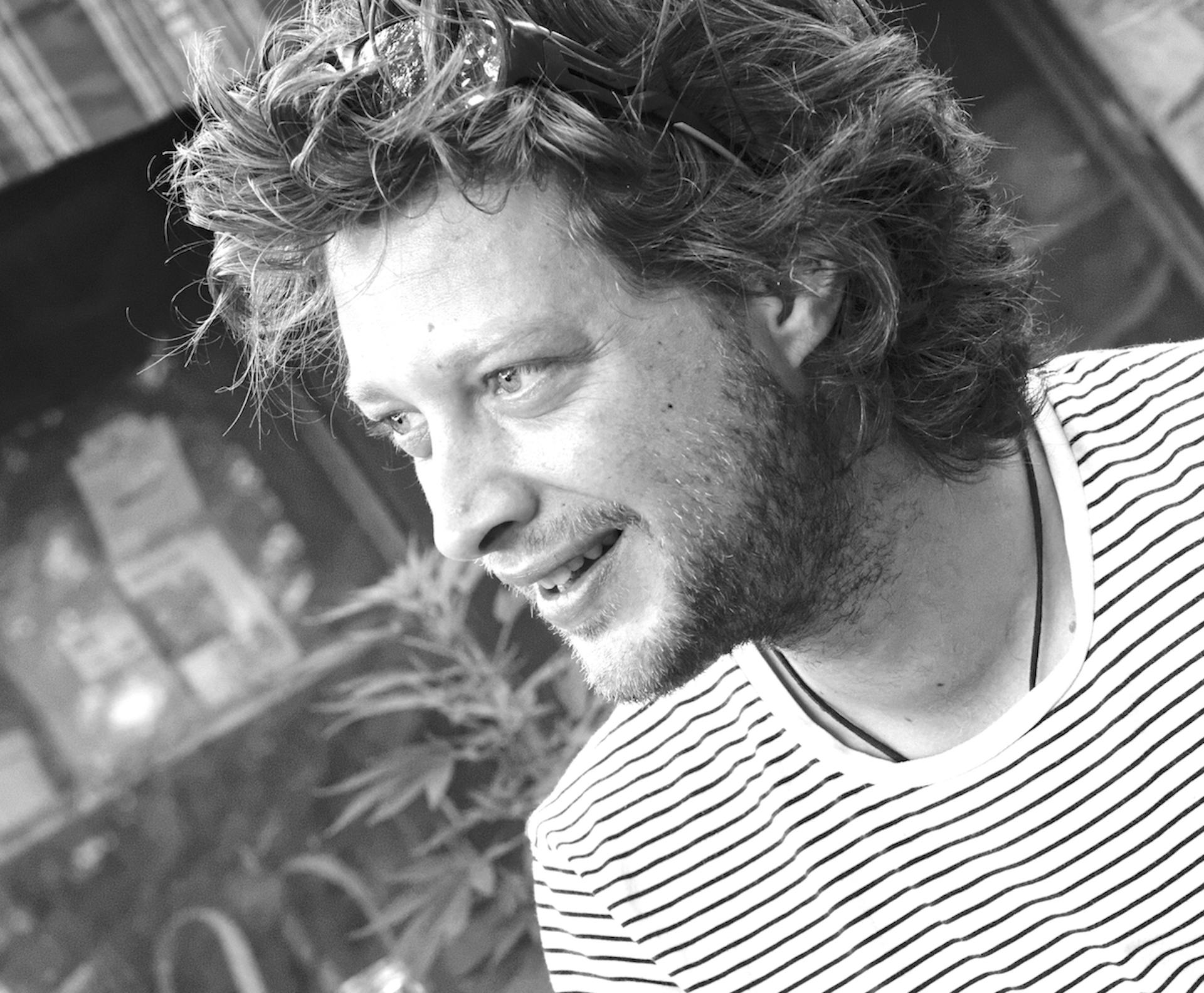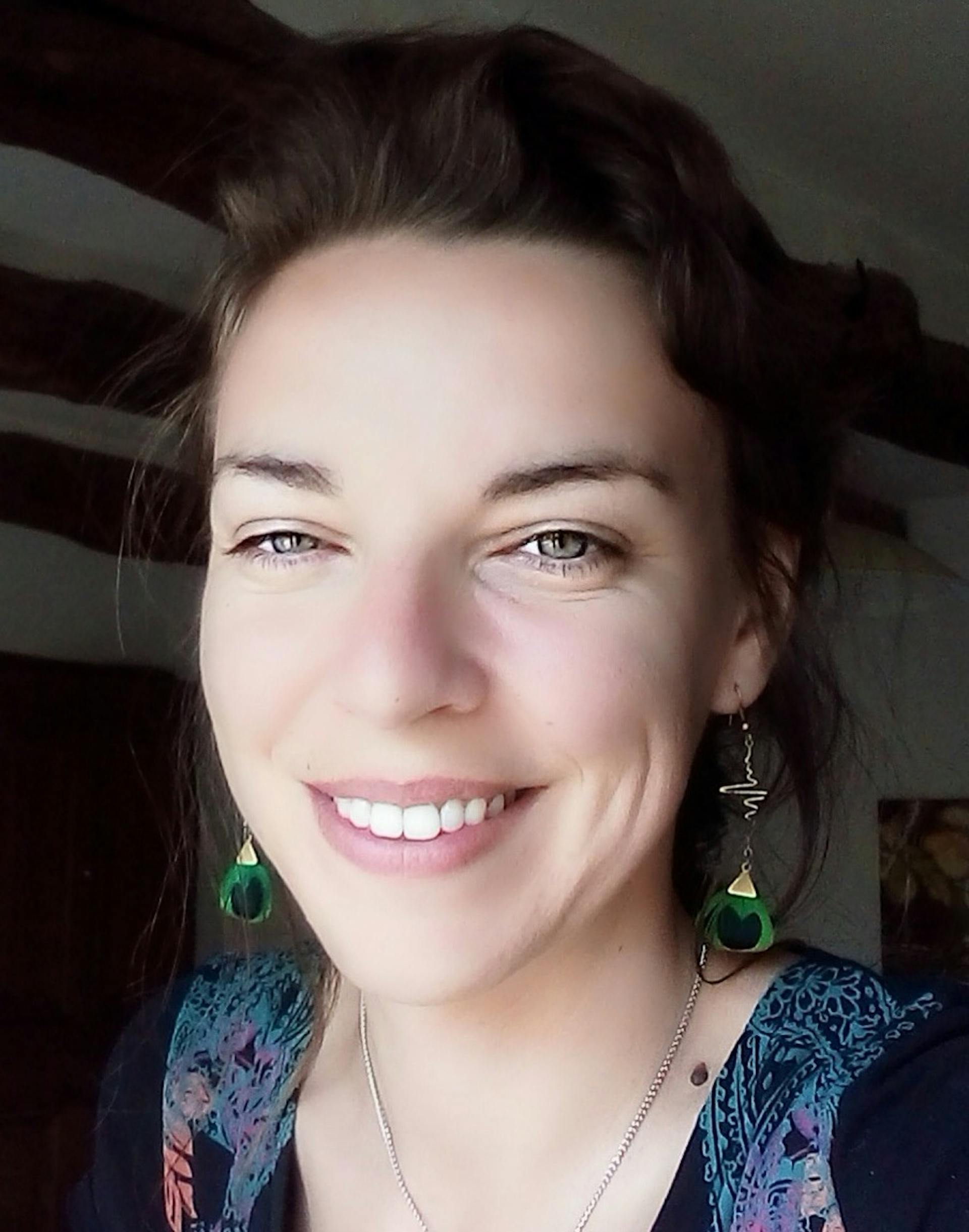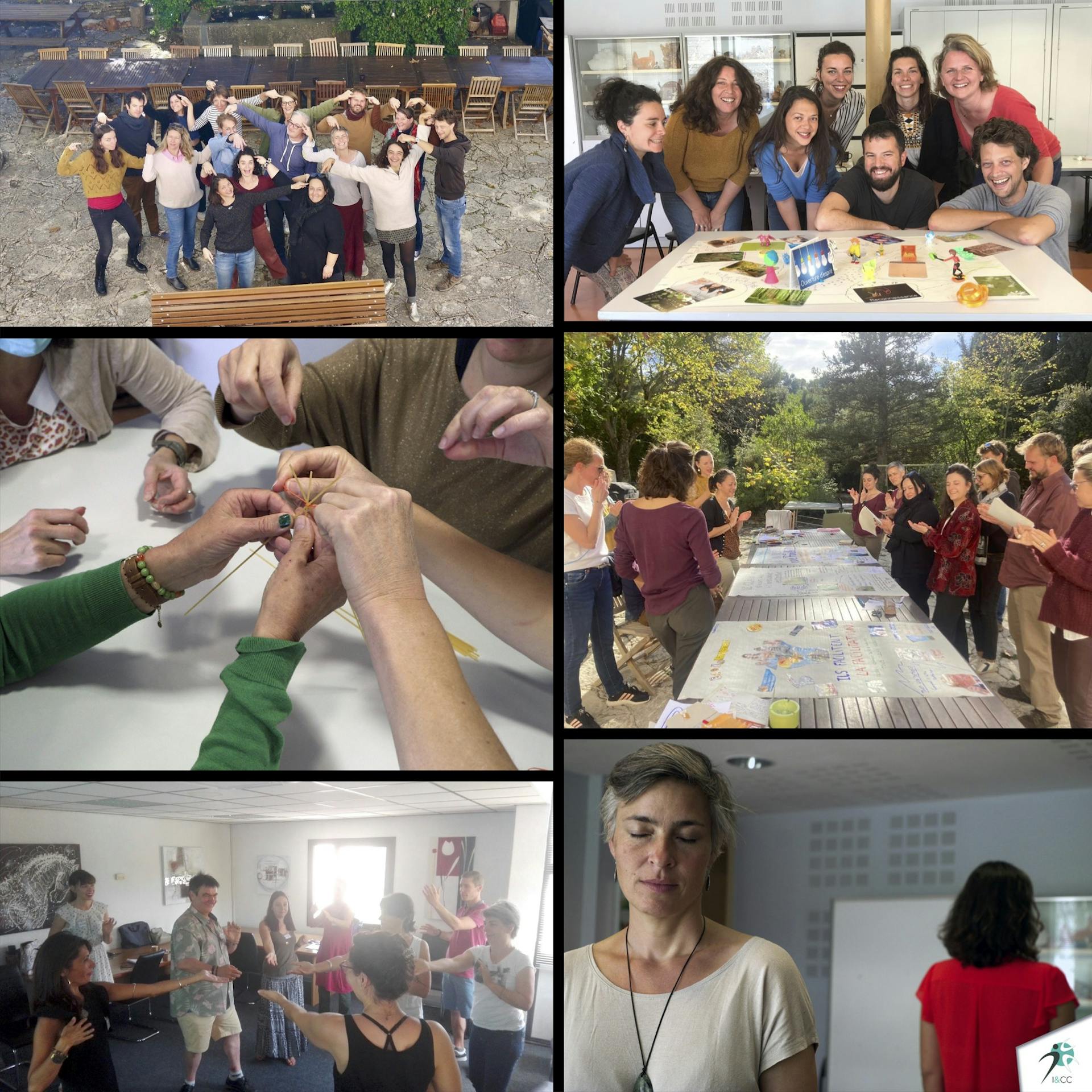Facilitating collective intelligence in organizations.
Whether they are already driving the ecological and social transition, initiating it or planning it, organizations must operate with collective intelligence. Like ecosystems made up of many individuals with different skills, knowledge and motivations, organizations are indeed conducive to synergies that can lead to major changes. But all the potential must be able to exist and express itself. Creating a collective intelligence is precisely the fact of allowing each person to express his or her full potential in the service of a common project and thus improve the overall performance of an organization. There are a variety of tools to facilitate collective intelligence. Charles, founder of the training organization I&CC (Intelligence & Collective Creation) presents some of them in this interview.

Charles Fontaine - Co-founder of I&CC
What is your background Charles ?
I did a degree in mathematics applied to social sciences at Dauphine. Then in 2006, the first Masters in Sustainable Development arrived in the school. I then turned to this training, already having a strong interest in the cross-disciplinary aspect and being sensitive to the subject of sustainable development. With about thirty very different profiles in the Master's program, it made learning really interesting. After my Master's degree, I found myself in the general management of sustainable development at Société Générale. Then, I went to live in Bordeaux and I had the opportunity to work on the environmental part of the construction site of a Nursing home. This project made me want to set up my own company in sustainable development consulting. After this 5-year experience, I went on a tour of France to create a guide of the feedback of this type of lifestyle. Then, with a friend, we were offered the development of a place, a project that did not materialize the first time because of disagreement with the owner. But I did set up an ecovillage in the north of the Aude region afterwards. It took us 1 year to find the people interested in joining the project and 1 year to find the place. At the place, we had trained a lot on governance tools, conflict resolution, collective intelligence... We organized internships on the spot to get paid. Then, we put an end to the experience by mutual agreement. From there, with my partner Aline, we launched our collective intelligence company. I trained in the school of Robert Dilts, a specialist in NLP, and Aline trained in Forum Theatre and relational coaching. We set up the training organization I&CC in 2018.

Aline Johnston - Co-founder of I&CC
Since then, what has happened ? How has the organization evolved ?
We have a training component with which we train people in our profession. The first year, we only organized cycles of 1 to 3 days to teach the prerequisites to acquire an individual posture at the service of the group. Then, we created modules 2 and 3 over 6 additional days.
The first 3 days concern all the relational tools: NVC, active listening, cooperation, collective intelligence. The next 3 days, we learn the design, the tools and the creation of the intervention. Then, the learners have a break of 2 to 3 months during which they have to realize an intervention, make a report and design a tool. The last 3 days consist of a restitution of the intervention and the tools used to the group.
We want our trainees to appropriate facilitation in their own way, according to the use they wish to make of it afterwards. This is why our training is specific in that the people who train with us learn, in addition to the tools they already know, to create their own tools of collective intelligence. Continuous innovation is very important in this profession in order to be as close as possible to the needs and to never get bored by using the same tools (world café, speedboat...) and to take the risk of emptying the process of its meaning.
Becoming a facilitator also means becoming an ambassador for organizations that are still "conventional" in their functioning, and for the importance of moving towards an "organic" functioning. And if there is a window to prove it, you have to be ready and punchy!
Who comes to you for training ?
Originally, we were targeting managers. In reality, the needs come from a whole group of professionals who have been asked to wear the collective intelligence facilitator's hat as well. 60% of the people come from the coaching and quality of life at work fields and the others are consultants who integrate collective intelligence into their work.
What bridges have you been able to create between your previous jobs and this one ?
My job as a consultant allows me to understand the needs, to diagnose the organizations and to design a training program adapted to the needs. I also stay in subjects that make sense by trying to embody certain values in companies.

Training and various workshops led by I&CC
What makes you different from the others?
Through our workshops. We train clowns in organizations. When we talk about "clowning", we mean it in terms of authenticity and lightness combined with the depth of communication that this character represents. It consists of being 100% yourself, without playing a role. We also developed the workshop Chaos Fertile, a board game to create cooperations. It allows to start from a project theme, to put down the ideas and dreams of each person and to start action plans through the method of small steps.
What were the workshops that marked you ? Your successes ?
Often, the most impactful part of this job is to have created a space for people to express what they have never expressed within organizations. I have also trained myself in "organizational rituals" to ritualize changes and inscribe them in time. Of course, we have to be lucid, it is not in 2 days that we will transform organizations, but we are planting seeds! A nice memory that comes to mind is that of the 20th anniversary of Alpa, a housing association. We led workshops on public speaking through the construction of small scenes in Forum Theatre. People who had never spoken in public then started to play scenes in total improvisation and it was a very beautiful moment.
To go further
👉 Find out more about training I&CC
